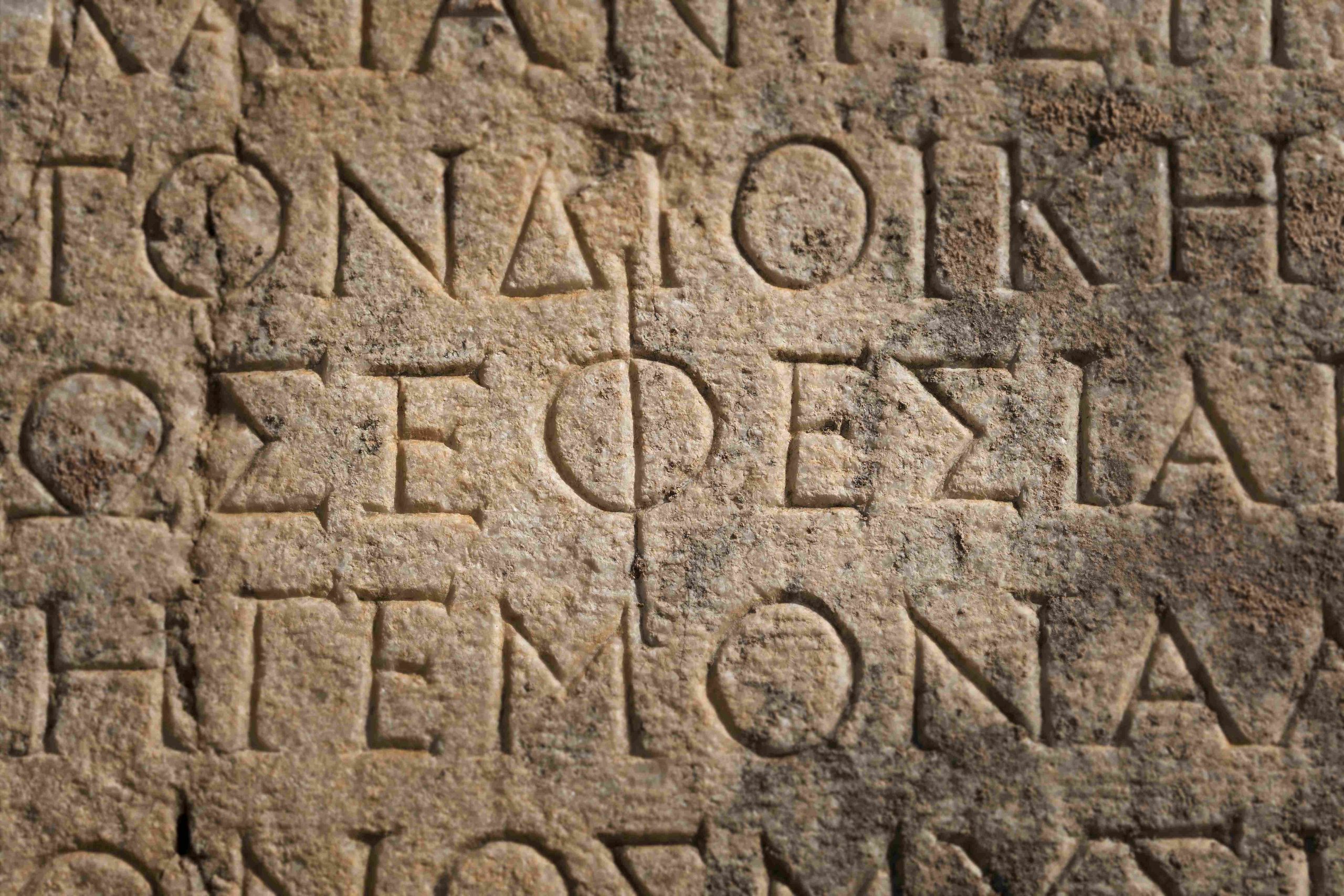In an increasingly interconnected world, where boundaries are transcended, and cultures blend, the preservation of unique linguistic and cultural identities becomes paramount. Among these, the Greek language and heritage stand as pillars of human history, philosophy, and civilization.
The Greek language, an interwoven key to unlocking ancient stories and smart ideas, is like a special code revealing a world of rich history and philosophy, turning learning into a captivating adventure! From Homer’s epics to Plato’s dialogues, the Greek language encapsulates the intellectual wealth of ancient Greece—the language of foundational texts in Western philosophy, science, and literature, laying the groundwork for modern thought. Sustaining this language is not merely a preservation effort for the Greek community; it is a pledge to ensure that the collective wisdom of the past endures amidst the currents of time.
Beyond linguistic proficiency, the study of the Greek language opens a captivating doorway into the vibrant world of art, philosophy, and scientific inquiry. It serves as a bridge connecting today’s students to the brilliant minds of Aristotle, Socrates, and Sophocles, offering a unique artistic lens through which to explore the foundations of political governance, ethical principles, and the pursuit of knowledge.
Moreover, the Greek language is a testament to the resilience of a culture that has withstood the tests of time. By learning and sustaining the Greek language, individuals not only inherit a linguistic legacy but also become stewards of a cultural heritage that spans millennia. This heritage extends beyond words; it encompasses traditions, values, and a way of life that has shaped societies and inspired individuals across the globe. Preserving the Greek language, therefore, becomes a duty to safeguard the essence of a civilization that has contributed immeasurably to human progress.
The decline of the Greek language in the United States is a poignant issue, rooted in insufficient funding and a lack of prioritization. As financial resources for language education dwindle, Greek language programs face the risk of extinction. To address this, increased funding for Greek language programs, incorporation into multilingual initiatives, and community-led preservation efforts are essential.
To counteract this decline, a multifaceted four-pronged approach is required focusing on: increasing funding for Greek language programs, incorporating Greek into multilingual initiatives, establishing community-led language preservation initiatives, and fostering collaboration with cultural organizations. In detail:
- Increase Funding for Greek Language Programs– Advocate for increased funding at the federal, state, and local levels to support Greek language education. Lobbying efforts should emphasize the cultural significance of the Greek language, underscoring its role in fostering a deep understanding of Western civilization.
- Incorporate Greek into Multilingual Initiatives– Encourage educational institutions to view the Greek language as an integral part of multilingual education initiatives. By highlighting the cognitive and academic benefits of learning multiple languages, advocates can position Greek as a valuable addition to language curricula.
- Establish Community-Led Language Preservation Initiatives– Mobilize the Greek-American community to take an active role in language preservation. Establishing community-led language programs, weekend schools, and summer camps will create a grassroots movement dedicated to keeping the Greek language alive. Partnerships with local educational institutions and cultural organizations can provide additional support.
- Foster Collaboration with Cultural Organizations– Foster partnerships between educational institutions and Greek cultural organizations. These collaborations can provide additional resources, funding, and expertise to support Greek language programs. Cultural organizations, with their deep understanding of the significance of the Greek language, can also play a vital role in promoting its importance.
Preserving the Greek language is not just a local concern; it is a universal responsibility. The Greek language, with its wealth of history, philosophy, and cultural treasures, is a gift to humanity. By recognizing its importance and implementing concrete solutions, we can ensure that this linguistic and cultural legacy continues to enrich the global tapestry of knowledge and understanding for generations to come.
Plato Academy: The mission of the Plato Academy Charter Schools is to assist students in achieving their full potential by requiring and nurturing high academic and behavioral standards in a safe, supporting, challenging, and enthusiastic environment, providing a well-rounded K-8 education fortified by a study of the Greek language and culture, and fostered by a commitment and cooperative effort among the school, students, parents, and community: our family.



